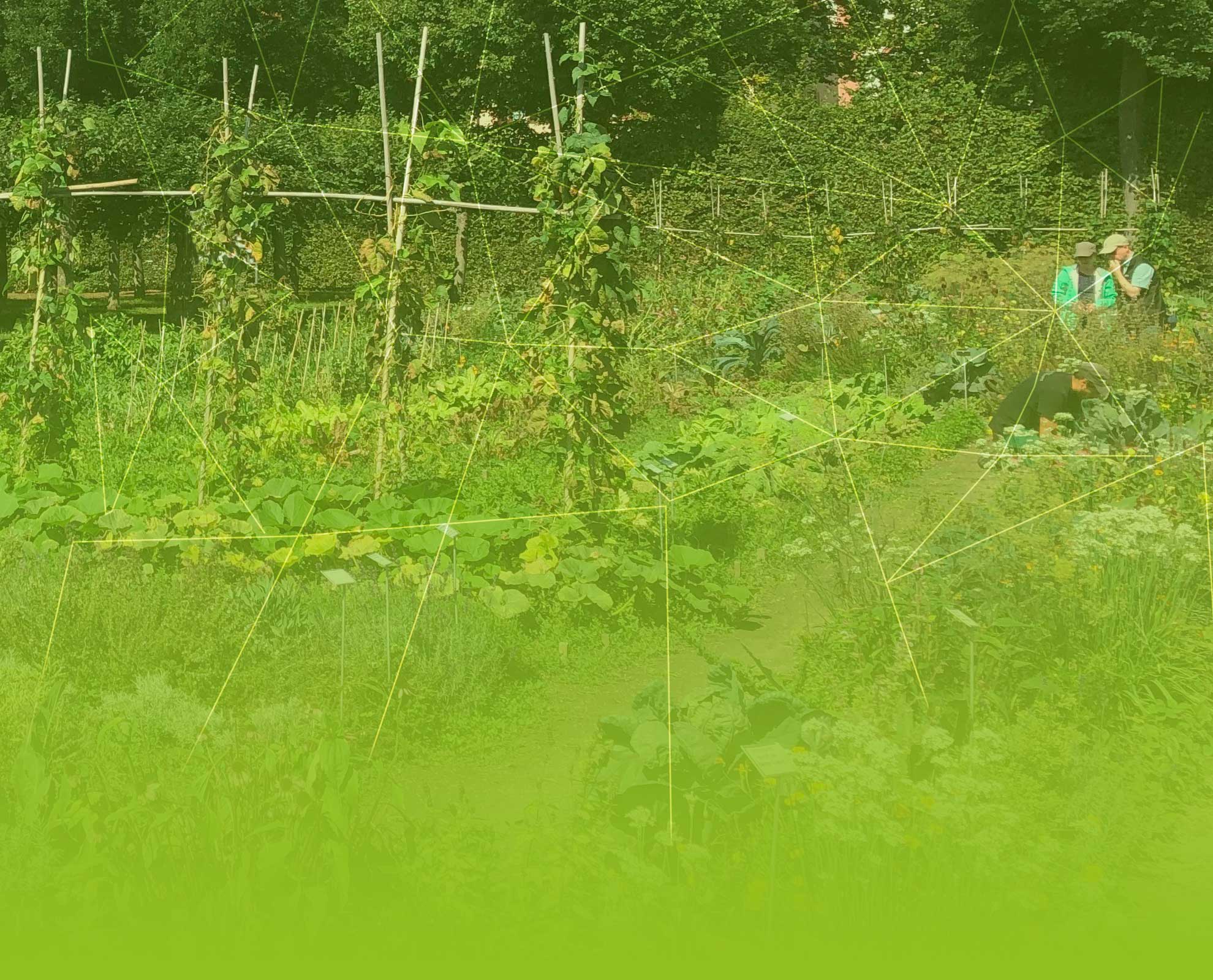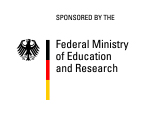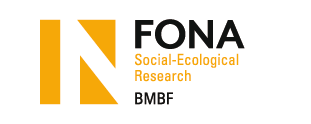Hardly any trend in Germany is discussed as intensely as demographic change. Rural regions will be particularly affected. It intensifies the internal migration already taking place and may lead to negative impacts on regional social structures. It also exacerbates the existing or expected lack of specialists, which especially affects small and medium sized businesses (SMEs) and therefore the competitiveness of a region. The question emerges: which factors can increase the attractiveness of regions as a place to live and the attractiveness of SMEs as employer in a way that makes people want to stay. Given this context, the research project Regio TransKMU researches whether and how SMEs that act sustainably (in social and environmental terms) can shape rural areas and make them more attractive. For that, the following research questions are being examined:
- Under which conditions are businesses and especially SMEs ready to act in a socio-environmentally favorable way? And how can these actions be identified and depicted effectively? What supporting regional frameworks are needed for that?
- Is it possible to increase the attractiveness of SMEs and their locations for potential employees, partner and consumers?
- What could innovative models of the collaboration of communal actors, SMEs, (potential) employees and consumers look like to foster social-environmental acting?
Reestablishment of social-environmental acting: a case study in municipal Steinfurt
These research questions shall be answered with the help of the Steinfurt region as a case study. To reach this goal, there will be a strong cooperation with the local business network “energy land 2050” („Unternehmernetzwerk im energieland2050“). This network consists of 50 members, with the majority of them SMEs. Focal point is the analysis of two areas of activity, which are already isolated by the help of research partners:
- Binding specialists: Here, the exchange between SMEs, training institutions and potential employees will be the focus.
- Fostering regional value addition: Here, the business network and interfaces to market partners and consumers are the focal points.
Both fields of action shall show the value-added by social-environmental behavior for SMEs. As a supportive measure, different instruments will be used which allow the identification, controlling and communication. Since environmental management systems for SMEs are often linked to a significant effort, Regio TransKMU focuses on instruments which are easy to apply and which can adapted to the needs of SMEs. Additionally, it will be researched which models help to foster collaboration between the different regional SMEs and which foster social-environmental acting. While doing that, several approaches for a social-environmental brand development are relevant. On basis of a survey of relevant actors (SMEs, employees, trainees, experts, municipal administration, the public), the help of practice partners and network analysis concrete recommendations will be elaborated. These recommendations shall reestablish the rural area and elaborate and test social-environmental behavior. Via comparative case studies the transferability of these approaches to other rural regions and economic sectors will be evaluated. The respective results will be published.
Dr. Chantal Ruppert-Winkel und Simon Funcke, Albert-Ludwigs-Universität Freiburg, Zentrum für Erneuerbare Energien (ZEE) und Fakultät für Umwelt und Natürliche Ressourcen (UNR)




